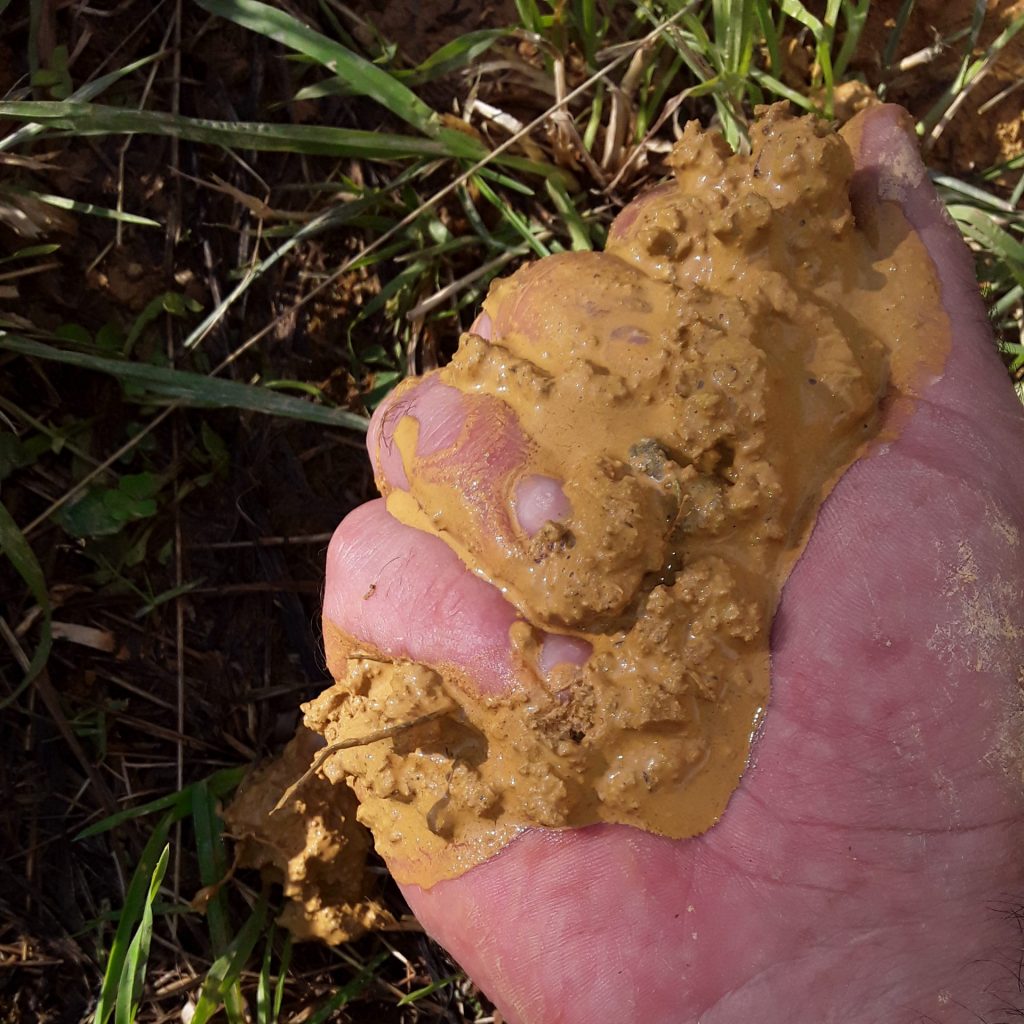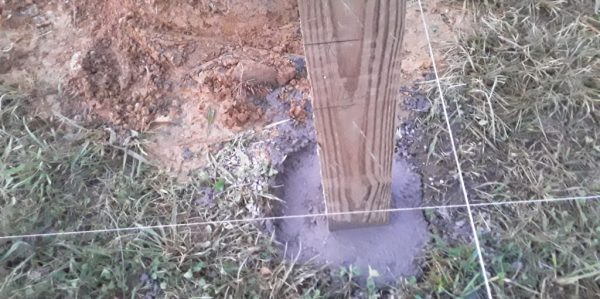Unshakable

Let Your Kingdom Come.
Our Scripture reading for the sermon this Sunday will be from Hebrews 12:18-29.
The Hebrew word for earth is Adamah. This is remarkably and purposefully similar to the name given to the man, Adam, whom God created and placed in the garden. When we try to build anything, we try to tie it to the earth as firmly as possible. The earth is the firmest thing we encounter, and yet when God came down to the earth to give the law to Moses, it nearly tore the mountain apart. As Christ was hanging upon the cross, in his final moments, the earth again cried out in protest. When he returns again, everything that can be shaken will be undone and redone into an unshakable reality.
Our present bodies are a part of the planet as we are made from the dust of the earth in a real physical sense. We are made of the same stuff as this created reality, and still we know that there is something wrong with the creation. Romans 8 explains that the creation is groaning and waits for the revealing the new, redeemed order that Christ will bring at his return. Our bodies, our little pieces of this earth, also remind us that there needs to be more to come. Sin has corrupted the cosmos and death and decay can be prolonged by not escaped.
And so Jesus teaches us to pray, “Let your kingdom come and let your will be done on earth as it is in heaven.” Even the created heavens will be shaken at the return of Christ to bring the final fullness of his kingdom. In chapter 11 of Hebrews, we learned that the saints of old had a hope of this final city. John tells us more about the new, heavenly Jerusalem which will, on the last day, be united with this reality.
Jesus, when he came preaching the kingdom, loosed people from the power of sin and death to show us a glimpse of what that new reality will be like. When we pray for healing from sickness or for protection from earthly danger, we do so with an eye on the final deliverance when death is swallowed up in victory. Until that time, we keep praying and hoping, as Paul writes in Romans, “For in this hope we were saved. Now hope that is seen is not hope. For who hopes for what he sees? But if we hope for what we do not see, we wait for it with patience.”
